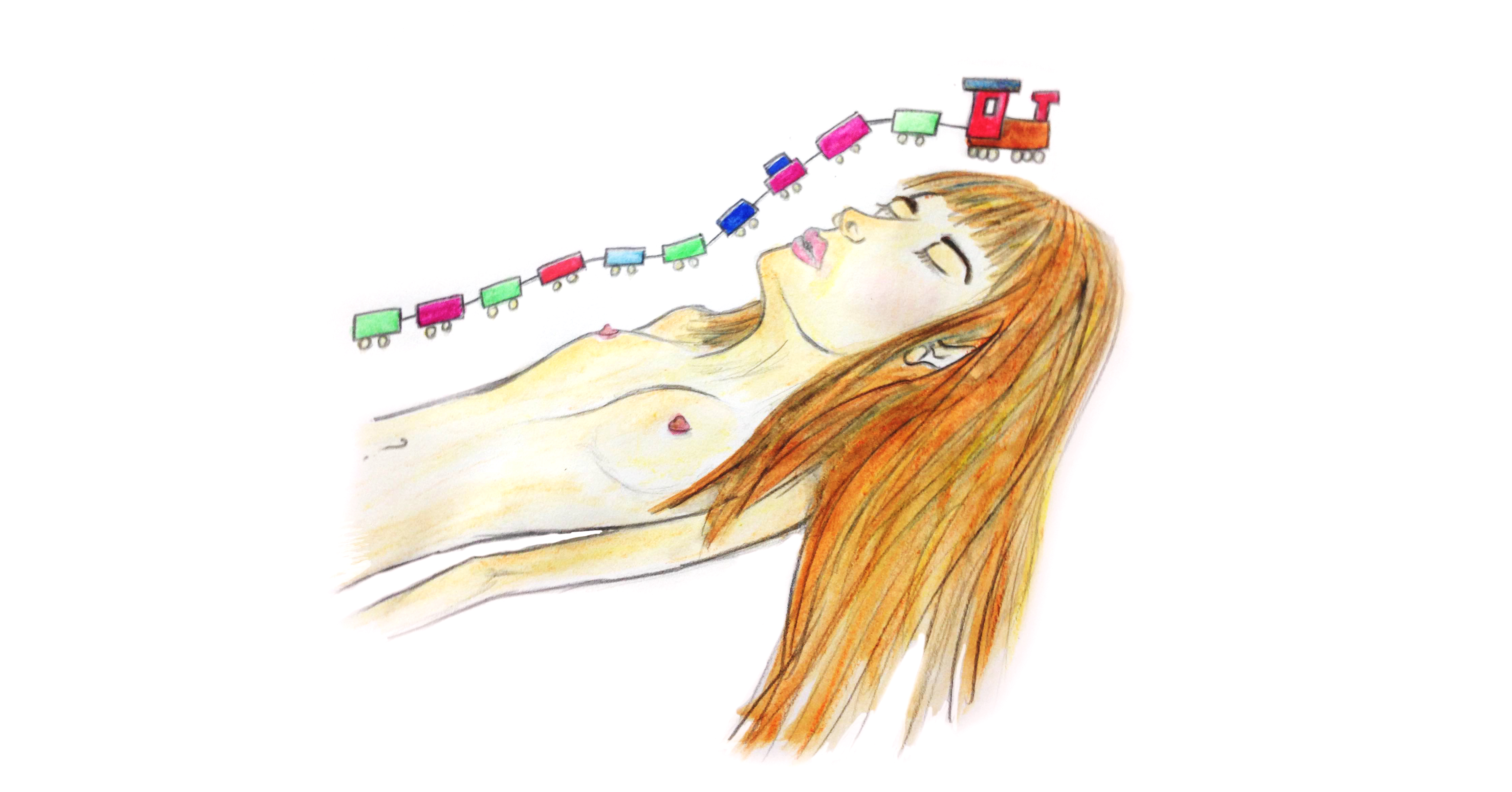Rossa James Gallagher | Staff Writer
The posters are all over Dublin, stuck to street lamps, walls, fences and bathroom doors. There are more than a few inside Trinity and chances are you’ve probably walked past them without noticing. The problem is that they don’t stay up for long. They are quickly torn down, defaced, or otherwise made unreadable. Visually striking, the stickers are seeking to promote awareness of the digital community Women on Web and draw attention to one of the most of the most controversial issues in Irish society and politics today: abortion.
Based in the Netherlands, Women on Web is a non-profit organisation that aims to provide women with the access and means to safe, non-surgical abortion. Visitors to the website are referred to a survey and receive a consultation from an online doctor, consisting of about 25 questions. Applicants that meet the criteria are asked for a donation of €90 and two to three weeks later receive either the drug misoprostal or mifepristone in the post, commonly known as the abortion pill.
It seems a relatively simple process and is designed to be so, but it’s complicated by the fact that in Ireland the sale of prescription-only medicines by mail-order is illegal and all found drugs are seized. Under the Protection of Life during Pregnancy Bill, any person found attempting to “intentionally destroy human life” faces up to fourteen years in prison. In short, ordering these pills means breaking the law. Women on Web however, along with a growing number of pro-choice groups and activists, have chosen to fight these laws and in doing this, the steps they’ve taken have become bolder. The “Abortion Pill Train” is just one example of this.
On 28th of October, thirty pro-choice activists, including four TDs and various civil rights movements, travelled to Belfast by train where they picked up, brought back to Dublin, and publicly swallowed these abortion pills in order to demonstrate their safety. The event was heavily publicised on social media and was christened the ‘Abortion Pill Train’. Organised to fall on the second anniversary of the death of Savita Halappanavar, the woman from the controversial X case of 2012 who died after being refused an abortion as she miscarried, the rally sought to draw attention to the strict regulations regarding abortion in Ireland under the 8th amendment, where an abortion is only obtainable when the woman’s life is at risk.
Organisers of the rally disembarked the Belfast train at Connolly station to applause from waiting crowds, both independent pro-choice supporters and various lobby groups. Participants were from a range of Irish pro-choice groups including ROSA (For Reproductive Rights, Against Oppression, Sexism and Austerity), Action for Choice, Real Productive Health, as well as a number of TDs and councilors from People Before Profit, Socialist Party and the Anti Austerity Alliance. Supporters and reporters turned up in droves despite the pouring rain to hear speakers demonstrate against what they believe constitutes unfair, hypocritical legislative practice by the Irish government under the 8th Amendment. According to the press statement, the purpose of the rally was “to defy Ireland’s medieval abortion laws which criminalise women.” Participants in the rally did just this, publicly swallowing a number of these pills to a frenzy of photography, in order to demonstrate their safety.
The rally also bore strong resemblance to the famous contraception train in Ireland back in 1971, when forty-nine members of the Irish Women’s Liberation Movement travelled to Belfast to bring back then-illegal contraceptives. A conscious parallel, participants of the rally were keen to link the two together, declaring that the influence of the Catholic Church is still very much present in the Irish Constitution and that only in repealing the 8th Amendment could women be accorded basic civil rights. Ruth Coppinger TD, attacking the amendment, asked “How can politicians justify maintaining a Constitutional Amendment now thirty-one years old and on which no women of childbearing age had a say? This action must be the first of many more to force this government to hold a Referendum to scrap the dangerous 8th Amendment.”
Both domestic and international pressure has mounted on the Irish government to reform current abortion legislation in recent years. In 2010, the European Court of Human Rights ruled that Ireland had violated convention by failing to provide an effective and accessible procedure whereby a woman can find out whether or not she qualifies for an abortion or not. The X case in 2012 shined a politically uncomfortable global spotlight on abortion, leading to the Protection of Life during Pregnancy Bill. The Y case in 2014 served to reveal the inadequacies of that bill. The ‘Abortion Pill Train’ rally is just the latest in a series of public demonstrations by pro-choice activists and will by no means be the last. Over the issue of abortion though, Ireland remains a deeply divided society. One look at a defaced Women on Web poster will tell you as much.
Illustrator : Caoilainn Scouler







